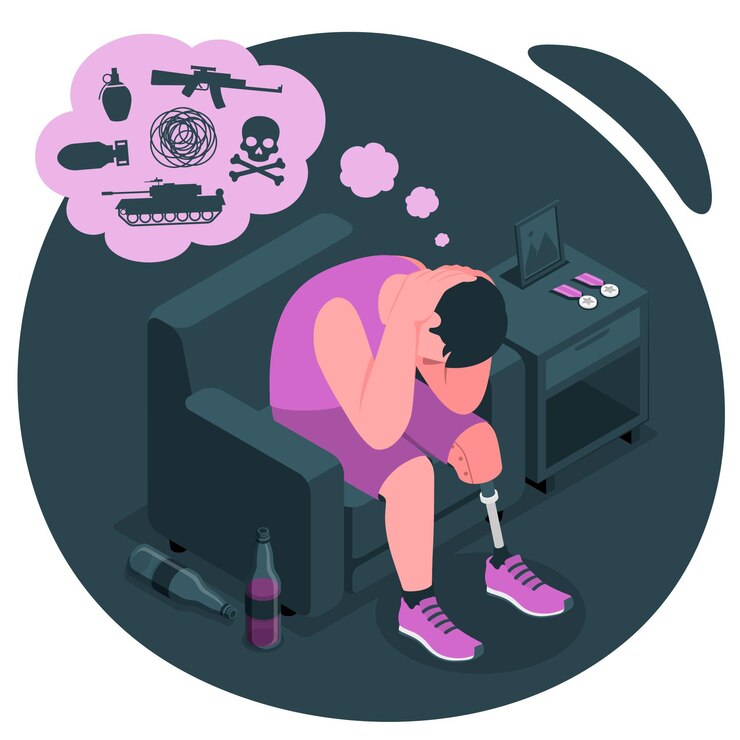
Understanding Depression and Substance Abuse: Addressing Co-occurring Disorders
Dealing with depression can be incredibly challenging, and for some, it may lead to turning to substances like drugs or alcohol for relief. In this guide, we’ll explore the connection between depression and substance abuse and discuss strategies for addressing these co-occurring disorders.
Understanding the Link:
Depression and substance abuse often go hand in hand. Some individuals may use substances as a way to cope with the symptoms of depression, while others may develop depression as a result of substance abuse.
Escaping Emotional Pain:
Many people turn to substances to escape from emotional pain or numb difficult feelings associated with depression. While substances may provide temporary relief, they often exacerbate symptoms in the long run and can lead to addiction.
Self-Medication:
Some individuals may use substances as a form of self-medication to alleviate symptoms of depression, such as sadness, anxiety, or sleep disturbances. However, this can create a vicious cycle where substance abuse worsens depression, leading to increased substance use.
Dual Diagnosis:
When someone experiences both depression and substance abuse simultaneously, it’s known as a dual diagnosis or co-occurring disorder. Treating both conditions simultaneously is crucial for successful recovery.
Integrated Treatment Approach:
Addressing depression and substance abuse requires an integrated treatment approach that considers both mental health and substance use issues. This may involve therapy, counseling, medication, support groups, and behavioral interventions.
Seeking Professional Help:
If you’re struggling with depression and substance abuse, it’s essential to seek professional help. A healthcare provider or mental health specialist can assess your needs and recommend an appropriate treatment plan tailored to your specific situation.
Building Healthy Coping Strategies:
Instead of turning to substances, focus on building healthy coping strategies to manage symptoms of depression. This may include engaging in activities you enjoy, practicing relaxation techniques, seeking support from loved ones, and attending therapy or support groups.
Conclusion:
Dealing with depression and substance abuse can feel overwhelming, but it’s essential to remember that recovery is possible. By addressing both conditions simultaneously and seeking professional help, you can break free from the cycle of addiction and improve your overall well-being.
To seek medical advice, always consult a Doctor. Here are our recommended experts. Click here
To read more on Neurology. Click Here


